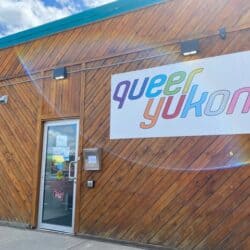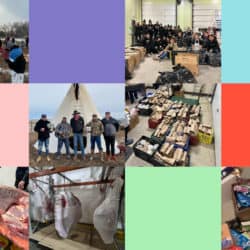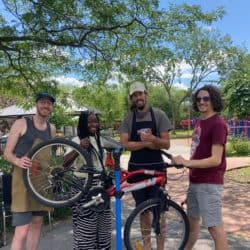Grassroots organizations are an integral part of the non-profit sector, responding to community needs when governments and established organizations fail to do so. This profile, the second in a series, looks at a microlending program launched from one woman’s desire to live “in a town that still functions.”
What would you do if you had a million dollars? For Jane Nicholson, the answer was to help aspiring entrepreneurs start their own small businesses – and in the process, boost Nova Scotia’s struggling economy. That’s why she launched the microlending program Annapolis Investments in Rural Opportunity (AIRO).
Thanks to a savvy investment years prior, Nicholson had a million dollars sitting in a bond with a low-risk 2% rate. “The money was sitting there doing nothing when it could be doing something,” says Nicholson, who immigrated to Canada from England in 1956. “I didn’t grow up with a lot of money, so I know what it’s like not to have a hundred dollars to take advantage of a good idea.”
Nicholson was inspired to create AIRO after a report came out in 2014 called Now or Never: An Urgent Call to Action for Nova Scotians. Written by then Acadia University president Ray Ivany and four other business and cultural leaders, the report outlined an ambitious plan to revitalize the province’s economy and dwindling population, and exhorted residents to step up to reach these goals.
I didn’t grow up with a lot of money, so I know what it’s like not to have a hundred dollars to take advantage of a good idea.
Jane Nicholson, founder, AIRO
Nicholson saw a way she could help re-energize her long-time home of Annapolis Royal, a picturesque small town known for its high concentration of heritage buildings. “AIRO came from the realization that there were two gaps: a gap in our financial banking system and an asset gap in our community,” she says. Offering small loans had a dual benefit: they could help create new businesses – wine bars, dog-boarding kennels, hair salons – that would attract more people to Annapolis County, which in turn would expand the local economy.
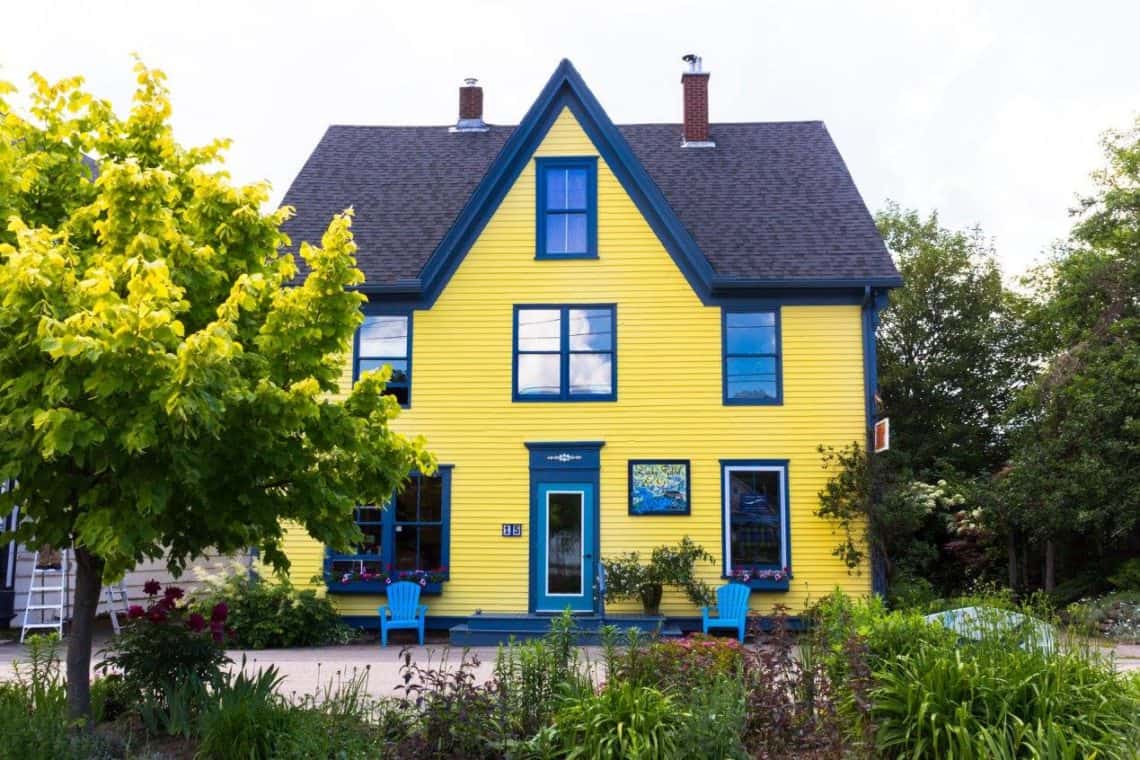
AIRO was launched in 2016; its microloans capped out at $10,000 and had a standard two-year repayment period. Its loan application forms were adapted from a similar program run by Shorefast, the Newfoundland and Labrador–based charity run by Zita Cobb. Unlike traditional loans from major banks, AIRO’s interest rates were kept low, at 3%. Nicholson says that many of the people who came to AIRO were unable to get loans from traditional banks because they didn’t have any assets or previous business experience. “They couldn’t even get an appointment,” she says.
AIRO came from the realization that there were two gaps: a gap in our financial banking system and an asset gap in our community.
Jane Nicholson
AIRO has given out $722,877 in loans and grants, which helped create 44 new businesses, expanded 27 existing businesses, and funded 19 community projects. The businesses range from artist studios and teenager-owned potato farms to ice cream shops and craft breweries. In total, Nicholson estimates that AIRO’s loans created more than 200 full-time and part-time jobs in Annapolis County.
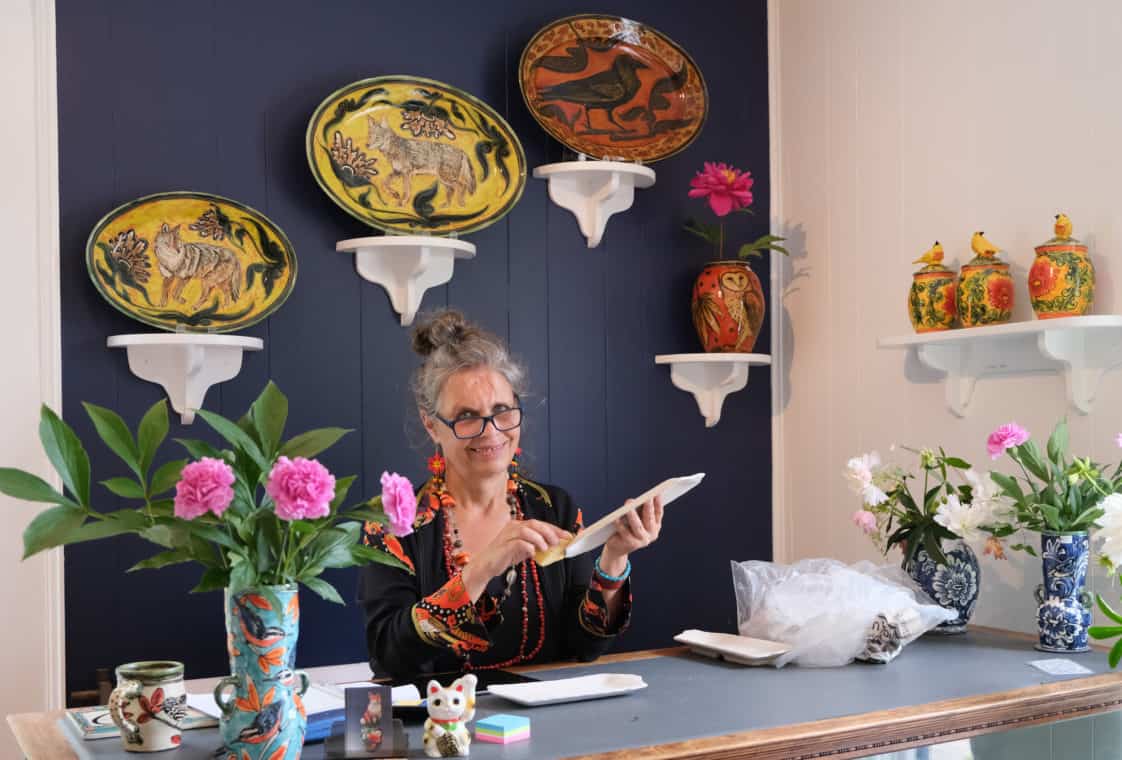
Nicholson and AIRO’s executive director, Adele MacDonald, also mentored loan recipients and provided free consulting based on their years running their own businesses. (Nicholson made a career out of restoring heritage buildings in Annapolis Royal, while MacDonald worked in communications and as a consultant.) “Any time within their repayment period, three times a week if they had to, they could call us up,” says Nicholson. “It’s providing that emotional support, respect, and understanding that this is hard.”
I didn’t want an advisory board or board of directors. I wanted to use my own community knowledge and money to deal with people who had good ideas and find a simple way to make that happen.
Jane Nicholson
Before AIRO launched, Nicholson spoke with people in the charitable sector but ultimately decided to operate AIRO as a private company. “I didn’t want an advisory board or board of directors. I wanted to use my own community knowledge and money to deal with people who had good ideas and find a simple way to make that happen,” she says. She also wanted to move quickly and work nimbly, which she felt she could do more easily as a private company rather than as a non-profit.
Nicholson says the concept of using your own money to fund projects has been hard to grasp for some. “I’ve talked to some people who said, ‘I wouldn’t mind doing this kind of thing, but I want a return on my investment.’ My return on investment is living in a town that still functions,” she says.
I’ve talked to some people who said, ‘I wouldn’t mind doing this kind of thing, but I want a return on my investment.’ My return on investment is living in a town that still functions.
Jane Nicholson
But she notes that the value of giving back to her community was instilled in her from a very young age. “My parents drummed into me and my siblings that you have to give back. If you’re blessed, then you gotta pass it around.”
AIRO officially stopped giving out loans in December 2021, but Nicholson and MacDonald are still advising AIRO’s existing clients. During AIRO’s seven years of lending, only one loan defaulted.
But the work of AIRO lives on in other ways, too. AIRO has since inspired LIFT, a small-loan program based in Lunenburg, Nova Scotia, that gave out its first loans earlier this year. “We are completely convinced that this model could work anywhere,” says Nicholson.
